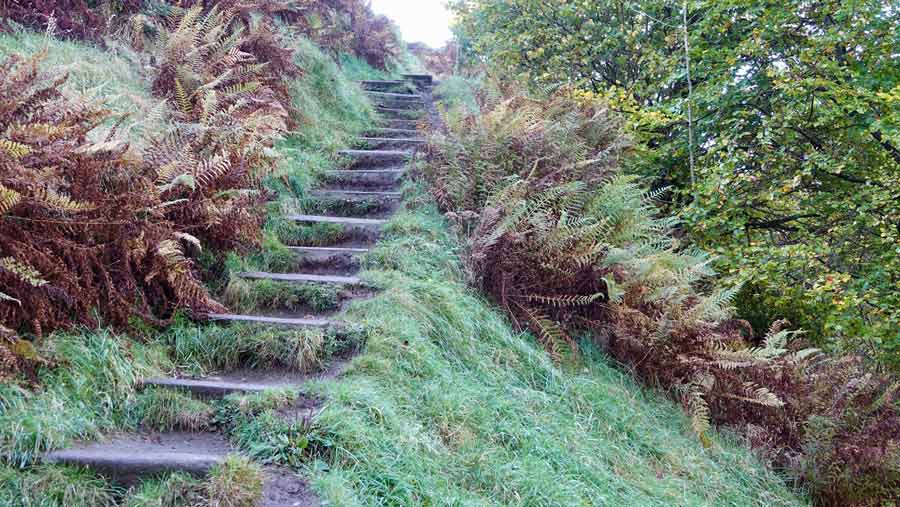Scots fear permanent loss of chemical bracken control
 © TreasureGalore/Adobe Stock
© TreasureGalore/Adobe Stock Swathes of “tick laden” bracken will soon dominate Scottish hillsides, farm leaders have warned, with the one chemical that can control the plant likely to be permanently removed from the options available.
The product, Asulox, was delisted by the Scottish government in June last year, while the authorities in England granted an emergency authorisation, meaning it could still be used south of the border.
See also: Asulox approved for bracken control in England for 2023
NFU Scotland had hoped the Scottish government would be persuaded to reinstate its own emergency authorisation, allowing land managers to return to spraying off bracken in 2024.
But it has now learned that the manufacturer of Asulox – UPL Ltd, based in Warrington, Cheshire – is to withdraw from working on a permanent solution that would support the use of Asulam in the future.
In the absence of a viable alternative, the ban will consign some of Scotland’s hillside to “monocultures of tick-laden, nature-depleted bracken, which has ramifications for farmers, crofters, rural communities, human health, and biodiversity”, said NFUS in a statement.
Uphill battle
The union’s environment and land use committee chairman, Peter Douglas, said: “Scotland’s farmers and crofters are facing an uphill battle to control existing stands of bracken and prevent further rapid spread from robbing Scottish hillsides of quality grazing for animals and vital habitats for wildlife.
“The potential for emergency reauthorisation of Asulox in 2024 to be successful relied on the support and evidence that UPL would have provided. This will mean that there will be no Asulox available for bracken control in 2024 and beyond.”
While non-chemical methods of bracken control are available, such as bruising, cutting or rolling, Mr Douglas said that, on many hill farms, bracken is on land that is too steep or rocky for ground-based vehicles to reach.
“Attempting non-chemical methods would be an unacceptable health and safety risk, and aerial spraying is the only viable option,” he said.
